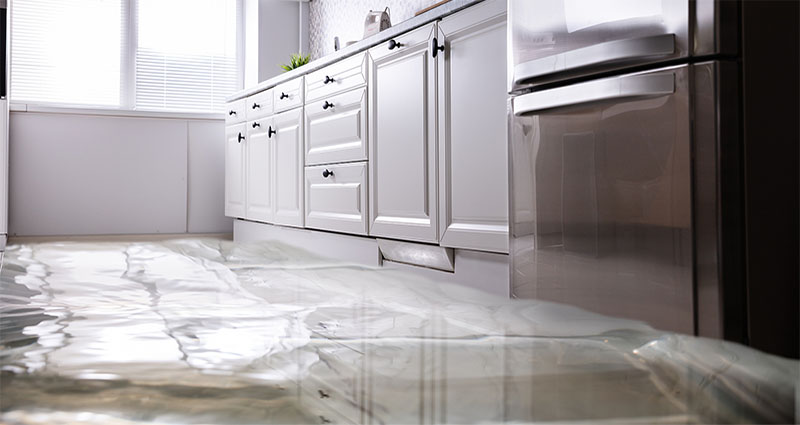There is more to office cleaning in Greater Bay Area than just putting things away. When you are working, the psychology behind a clean workspace can significantly impact your productivity. Keeping your workspace tidy can help you focus on your tasks and finish them promptly.
Clutter makes it harder to focus on specific tasks
The Princeton University Neuroscience Institute recently studied how clutter affects your ability to focus. Their research revealed that clutter makes it harder to concentrate on work. However, they also discovered that clutter-free environments improve productivity.
According to the researchers, clutter can make it difficult to focus because it overwhelms your visual field. In addition to overloading your visual cortex, chaos can lead to anxiety and stress.
You will need help tracking essential documents in a cluttered workspace. You will spend time searching for them, which is frustrating and will take up valuable work time. Organizing your workspace is the best way to avoid this issue. To keep your work area clutter-free, follow these tips.
Clutter indicates unfinished business to the brain
Clutter can be a stressful thing to deal with, especially if you’re in the middle of something big. It can take a lot of time to clean up, and it can constantly remind you of the tasks you still need to do. Fortunately, it can also promote positive feelings.
The best way to combat clutter is to be intentional about it. You don’t have to clean it up every day, but you do have to keep up with it. A clean and orderly home is not only a pleasant place to spend your free time, but it can also increase your sense of control. That’s because the less you have to worry about, the less stress you’re likely to experience. And the more productive you’ll be, the more enlightened you’ll feel, and the more likely you’ll be to enjoy a good night’s sleep.
Clutter encourages disorder
Clutter in the workplace can have adverse effects on workers. Not only is it a distraction, but it can lead to poor performance. Studies show that workplace clutter leads to increased work-related burnout and decreased productivity. Therefore, keeping things tidy is essential for both physical and mental health.
The visual cortex, the part of the brain that helps us process information, is especially vulnerable to disorganization. Task-irrelevant objects can overwhelm the visual cortex, making it hard to focus on essential tasks. It also makes it harder to allocate attention and find the items we need, leading to anxiety.
A study at Princeton University found that clutter made it harder to focus. This is because the visual cortex is overwhelmed by a cluttered environment. In the study, students were placed in a messy or uncluttered room. They were then given a test to determine their cognitive ability.
Clutter results in a ‘tidy’ mind
Office cleaning in Greater Bay Area experts says clutter can be a nuisance. It can take away your productivity, distract you from your work, and lead to various unpleasant side effects. A cluttered workplace may even be a safety hazard.
However, it isn’t the only factor affecting your well-being. Some studies have shown that having a clean desk can improve work performance. For example, people with cluttered desks have been deemed less productive and conscientious.
The best way to combat this is to create an organized workspace. This can involve simple steps, including clearing your workspace, getting rid of office supplies, and filing documents. You can also get others to help. After all, clutter may not be a problem in your home, but it can be a real pain in the workplace.
Getting creative by working in a messy room
A messy room can be a sign of creativity. Researchers have found that the messiness of a room can boost creativity and encourage people to come up with innovative ideas.
The study, published in Psychological Science, compared the effects of a messy room to a tidy space on the generation of ideas. Participants were split into two groups: one working in a clean room and the other in a messy room.
Each state had its advantages and disadvantages. While the awesome group produced the same ideas, the messy group came up with more unique uses. Additionally, the awesome room group preferred established products, while the disorganized group chose novel ones.
When researchers asked participants to use a ping pong ball for a new purpose, the participants in the messy room generated the most novel ideas. They were also more likely to choose an apple over a chocolate bar, which is what they were given to eat.












